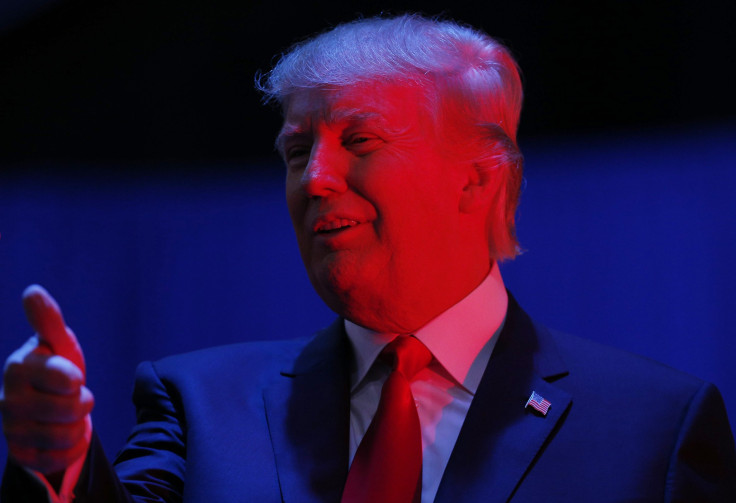Politicians with deep voices rouse 'caveman instincts' in voters

The finding of a new study explains how our “caveman instincts” are roused upon hearing deep voices, which could lead to biases during political exercises. Voters naturally prefer people with low-pitch voices which they associate with strength and competence rather than wisdom and experience, the study suggests. Researchers at the University of Miami and Duke University in the United States share that the history of politics could be dated back to the caveman era where followers tend to prefer leaders with greater physical strength more than ideologies.
“Modern-day political leadership is more about competing ideologies than brute force,” said study co-author Dr Casey Klofstad, an associate professor of political science at Miami. “But at some earlier time in human history it probably paid off to have a literally strong leader.”
In the study published in the journal PLOS ONE, researchers found that people prefer voting for men and women with greater physical strength, competence and integrity. According to Klofstad, associating a lower voice with strength has some merit as people with low-pitch voices generally have higher testosterone and are physically stronger and more aggressive in either gender.
Researchers conducted a mock election to explain the advantage of having or showing physical strength to modern-day leadership and considered the the preference of deeper voices as having greater integrity as a factor. They tested the theory that voters prefer lower-pitched voices from older candidates as these are viewed as wiser and more experienced.
With these in mind, Klofstad and biologists Doctors Rindy Anderson and Steve Nowicki at Duke carried out two experiments to test the theories. The first was an online survey with 800 participants, asking them about the age and sex of two hypothetical candidates and then instructing them to reveal who they would vote for.
The candidates ranged in age from 30 to 70, and the results showed that those in their 40s and 50s were most likely to win. In the second test, 400 men and 403 women were asked to listen to pairs of recorded voices saying, “I urge you to vote for me this November.”
The voice came from the same person altered into higher and lower pitch. The participants were asked after listening which voice seemed stronger, more competent and older as well as who they would vote for among the simulated candidates in an election.
At the end of the study, the deeper-voiced candidates earned 60 to 76 per cent of the vote. The results also showed that candidates exhibiting strength and competence more than age mattered more to the voters.
The researchers concluded that most people would like to think they make conscious, rational decisions about who to vote for based on careful consideration of the candidates and the issues. Klofstad said, however, that the “research shows that we also make thin impressionistic judgments based on very subtle signals that we may or may not be aware of.”
Klofstad stated there is a possibility the voters may choose weak leaders if they follow the “caveman instinct” or behaviour. “Becoming more aware of the biases influencing our behaviour at the polls may help us control them or counteract them if they’re indeed leading us to make poor choices,” he said.
Contact the writer at feedback@ibtimes.com.au or let us know what you think below.





















